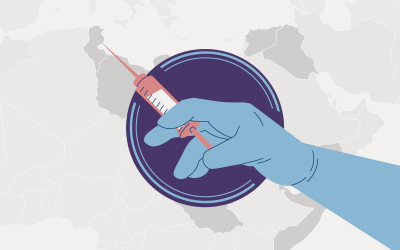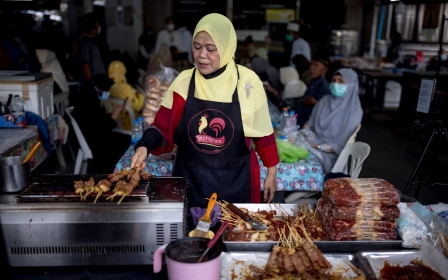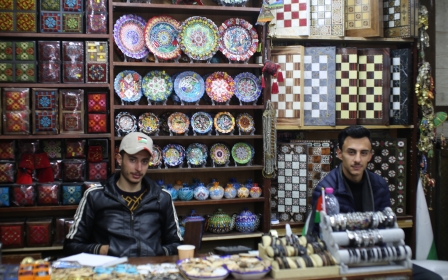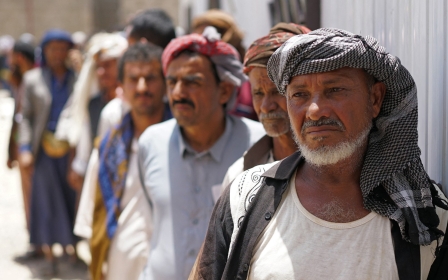Covid-19: Mena region's disparities grow post pandemic, says UN report
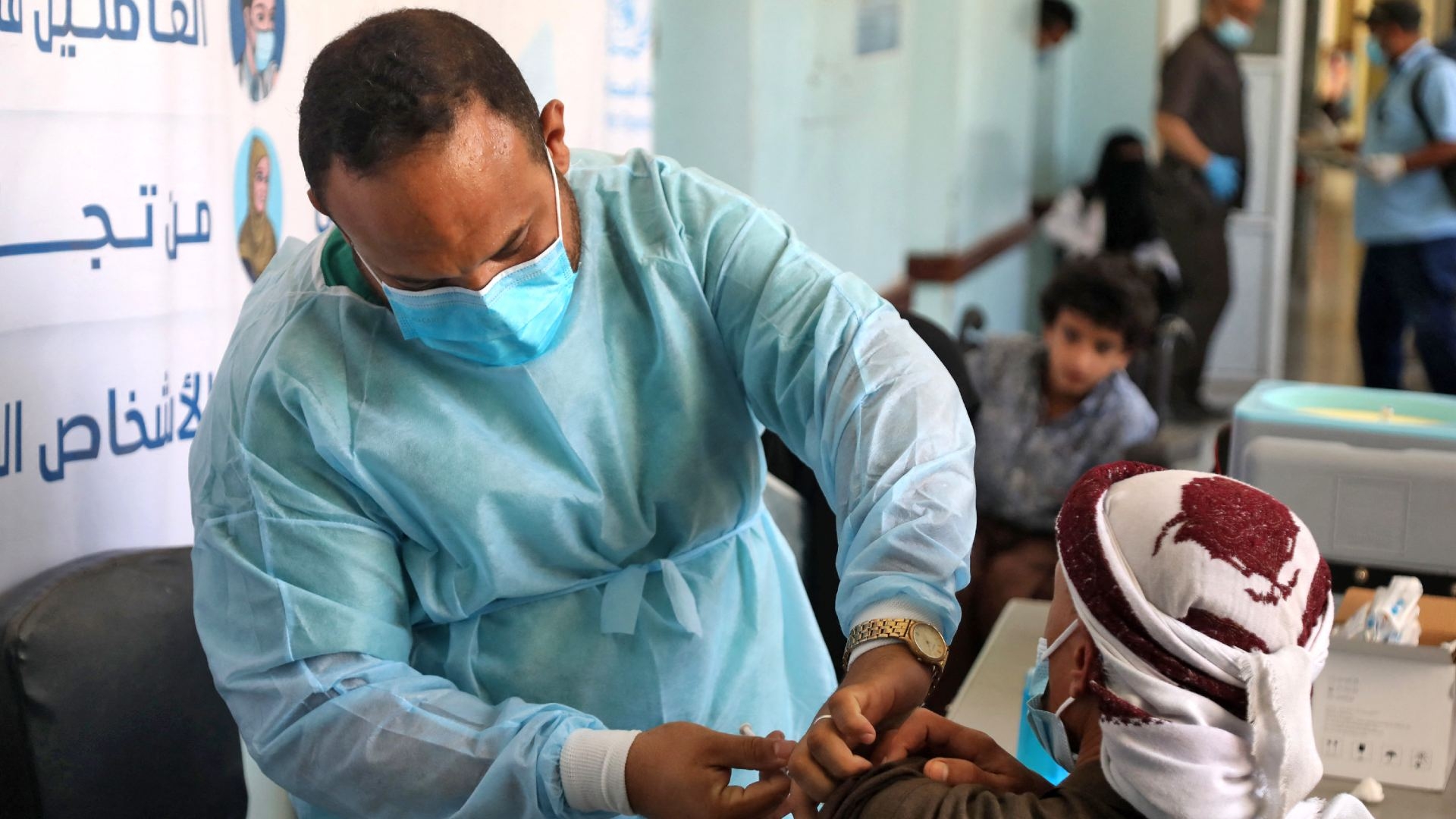
The Middle East and North Africa region is facing an increasing divide in the economic, public health and political sectors more than two years after the Covid-19 pandemic caused the world to come to a halt, according to a recent report released by the UN Development Programme.
The report noted that many countries in the Gulf Cooperation Council were able to weather the pandemic and successfully vaccinated their populations while being able to shift their countries' infrastructures to a post-pandemic world.
But many other countries in the region, such as Yemen, Iraq, Syria and Lebanon, continue to deal with the pandemic's aftermath and the ripple effects it is having, be they social, economic or political.
The report highlighted that while the region's economy as a whole bounced back in 2021 by six percent, in countries with protracted conflicts the economies continued to shrink. In Yemen, for example, the economy shrunk by two percent in 2021.
The report added that while high oil prices would lead to continued economic growth this year for oil-exporting countries such as Saudi Arabia and the United Arab Emirates, "downward revisions are substantial for oil-importing and crisis-affected countries amid greater inflationary pressures".
"The pandemic has challenged all the countries of the Arab states region, but to a different degree depending on the context and development stages of the countries," Khalida Bouzar, UNDP regional director for Arab states, said during a webinar on Wednesday to present the report's findings.
"The socio-economic impact was more severely felt by marginalised groups and communities and by the poorest countries in the region," Bouzar said.
The report highlighted this divide in several examples, including in the employment sector. In high-income countries, one in three jobs could be done at home amid lockdowns and social-distancing protocols, while this was only the case in one in 26 jobs within low-income countries.
"In March 2021, when lockdowns were particularly stringent in many countries in the region, only 10.1 percent of respondents to an Arab Barometer survey in seven countries reported being able to transition to working from home," the report said.
Disparities in Covid-19 response
While some countries in the region were moving away from the Covid-19 pandemic and shifting attention to growing their economies, many nations were continuing to grapple with the public health response to the disease, according to the UN report.
"Overall, we see a widening of inequalities among countries and within countries affecting the most vulnerable people," said Tehmina Akhtar, UNDP senior regional strategic adviser for Arab states.
'Overall, we see a widening of inequalities among countries and within countries affecting the most vulnerable people'
- Tehmina Akhtar, UNDP
"In terms of the wide diversity, I just want to illustrate with one point: the vaccination rate in UAE is 97 percent whereas that in Yemen is 1.4 percent," Akhtar said during Wednesday's panel.
Last month, as Covid cases were again on the rise, Middle East Eye reported on this vaccine disparity in the region. Medical experts warned that the pandemic was far from over, and that a low number of reported cases did not represent the realities on the ground in some countries.
"Middle-income countries have a two-tiered health system in which the elite are served by an advanced private health sector while others make do with a second-rate public system," the report said.
"Conflict-affected countries have particularly weak healthcare systems, with insufficient medical supplies, infrastructure and human resources."
Middle East Eye delivers independent and unrivalled coverage and analysis of the Middle East, North Africa and beyond. To learn more about republishing this content and the associated fees, please fill out this form. More about MEE can be found here.


